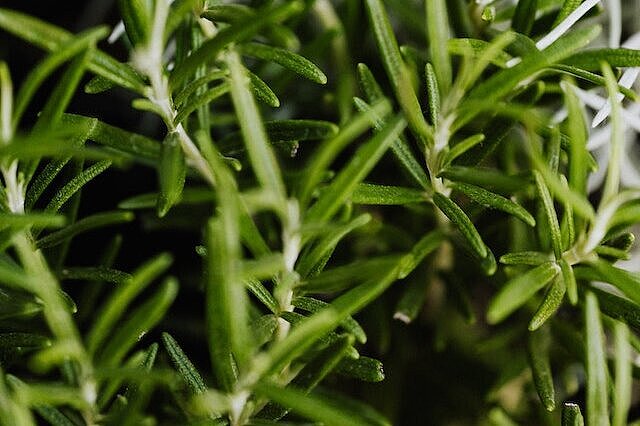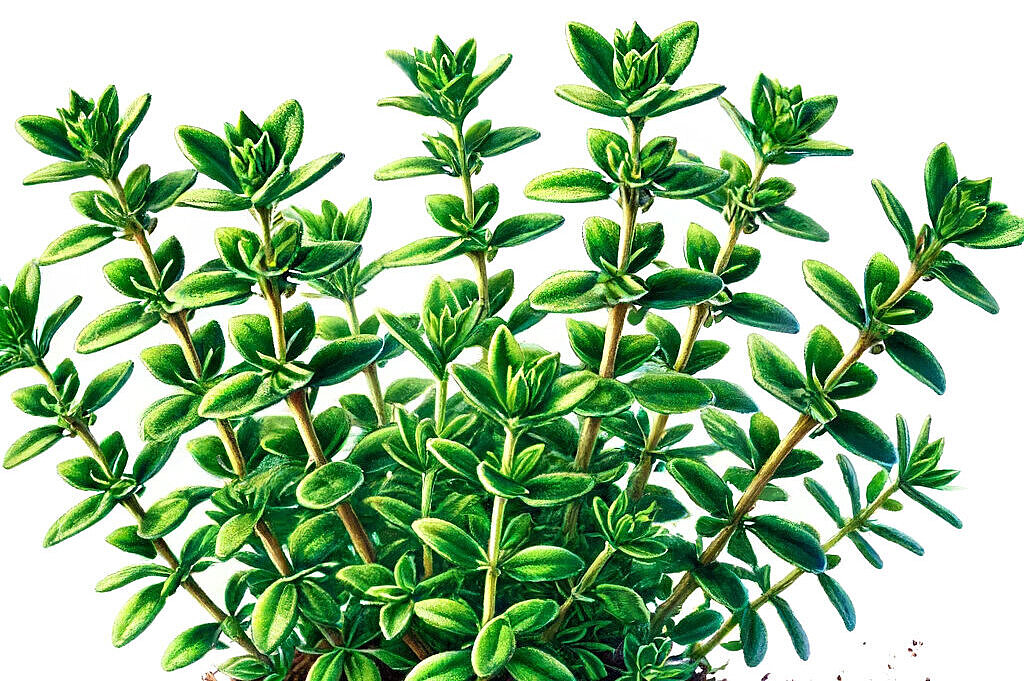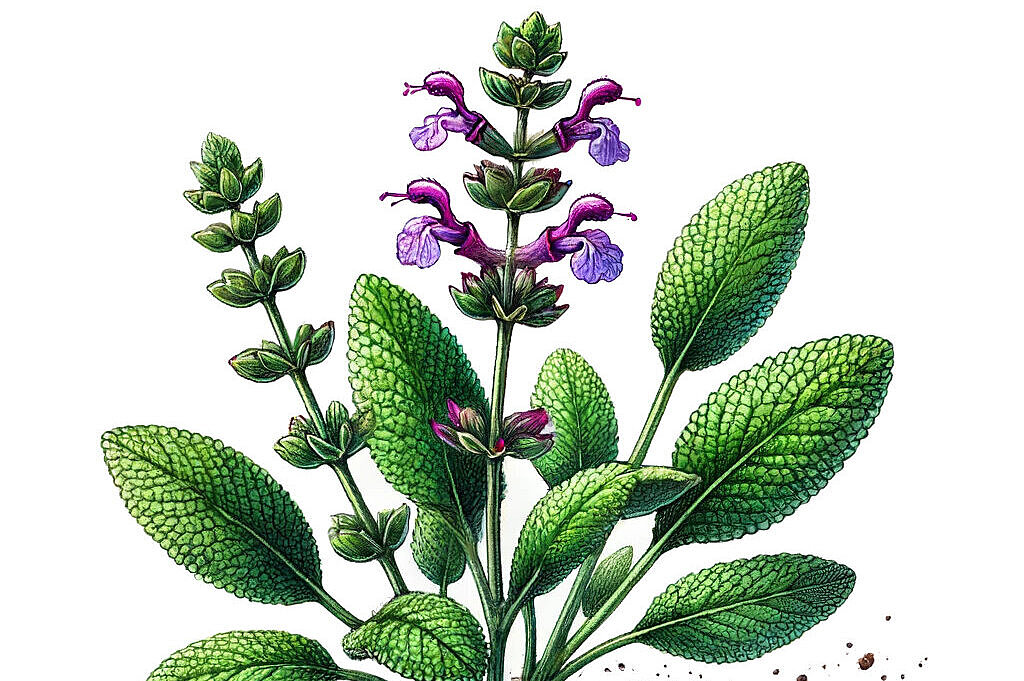Geranium

What is a geranium?
Geranium is the colloquial name for a group of plants from the cranesbill family (Geraniaceae). There are more than 400 species of geranium found in different regions of the world. Most geraniums that we know as ornamental plants are hybrids of different species. Geraniums usually have five-petalled flowers in various colors, which are often spotted or striped. The leaves are usually roundish or palmate and often have an aromatic scent.
What effect do geraniums have on dogs?
Geraniums are not poisonous to dogs, but they are not necessarily healthy either. The plant contains various ingredients that can have different effects depending on the type and quantity. Some of the ingredients are
- Geraniol: An alcohol that is responsible for the typical smell of geraniums. Geraniol has an antibacterial and insect repellent effect, but can also cause skin irritation or allergic reactions.
- Linalool: Another alcohol that also has a pleasant scent. Linalool has a calming effect on the nervous system, but can also cause drowsiness or nausea.
- Citronellol: Another alcohol that is often used in perfumes or insect repellents. Citronellol has a refreshing and disinfectant effect, but can also cause skin irritation or gastrointestinal complaints.
The effect of geraniums on dogs therefore depends on the type, quantity and processing of the plant. If your dog nibbles on a leaf or flower, this is usually nothing to worry about. However, you should make sure that your dog does not eat too much of the plant or even swallow it. This can lead to vomiting, diarrhea or other digestive problems. You should also make sure that your dog does not come into contact with the sap or oil of the plant. This can lead to skin rashes or itching.
What are the benefits of geraniums for dogs?
Geraniums also have some benefits for dogs. Firstly, they can help repel insects such as fleas or ticks. This is due to the essential oils in the leaves and flowers, which give off a strong scent. So if you plant geraniums in your garden or on your balcony, you can do something good for your dog. However, you should make sure that your dog does not have an allergic reaction to the plant or eat it.
On the other hand, geraniums can also have a positive effect on your dog's mood. The plant has a calming and relaxing effect on the nervous system. This can help your dog to reduce stress or anxiety. Geraniums can also lift the mood and put your dog in a good mood. So if you want to do something good for your dog, you can give him a few petals to sniff from time to time or give him a geranium-scented toy.
However, geranium also has some disadvantages or risks
For example, it can
- cause allergic reactions
- cause gastrointestinal complaints
- impair the effect of medication
- be poisonous in large quantities.
Therefore, caution is always advised when using geraniums for dogs. Always pay attention to the correct dosage and observe the dog's reaction.
Geranium is a medicinal plant for dogs with many benefits. It can help relieve or prevent skin problems, pain, stress, anxiety and sleep problems. However, there are also some disadvantages or risks that should be considered.
If you notice any signs of hypersensitivity or poisoning in your dog, you should see your vet immediately. We are not a substitute for a vet, but we try to be as accurate as possible. Every dog reacts differently and we recommend you get a second opinion or consult your vet if in doubt.
Stay healthy and take good care of your four-legged friend!😊
Similar to Geranium
Lavender is a plant genus that belongs to the labiate family. There are around 30 different types of lavender, which differ in appearance, fragrance and ingredients. The best-known species is true...
Rosemary is a spice plant that is widely used in Mediterranean cuisine. The plant has small, needle-shaped leaves and an intense, woody taste and smell. Rosemary is often used as a spice in meat and...
Thyme belongs to the labiate family and grows mainly in the Mediterranean region. It has small green leaves and pink or white flowers that attract many bees. Thyme contains essential oils such as...
Sage (Salvia officinalis) is a plant from the labiate family. It is native to Europe and the Mediterranean region and has been used in cooking and as a medicinal plant since ancient times. Sage is a...



